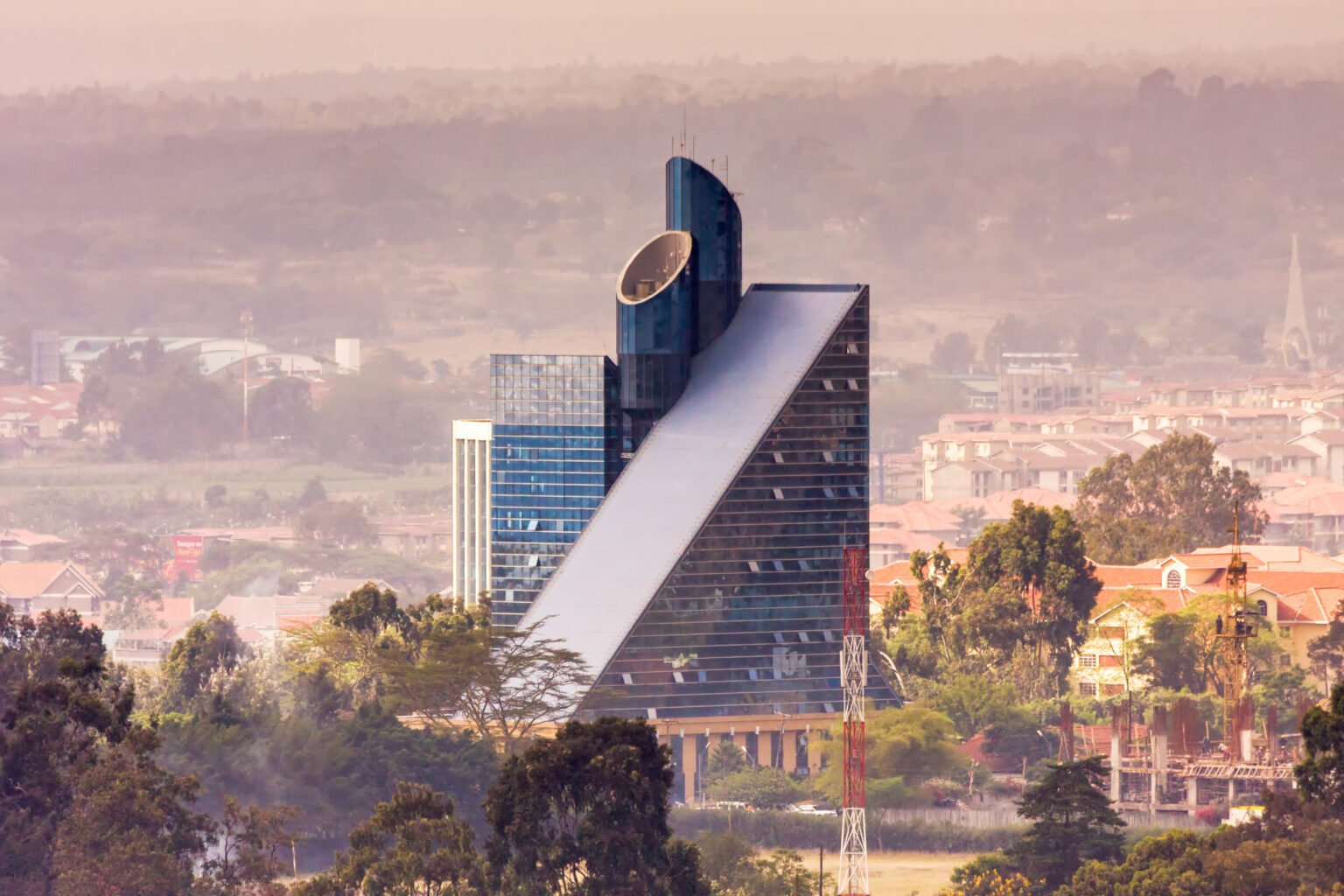Kenya’s outlook after the August 2022 general elections

Elections in African countries can often be accompanied by unrest and uncertainty, as was the case with the recent elections in Kenya. Business slowed down and investment declined in the run-up to the elections, which had a negative impact on the value of the Kenyan shilling against the euro and the US dollar. However, the elections were conducted relatively peacefully and William Samoei Ruto became president.
The short-term lull seems to be over and business has returned to pre-election levels, which is also reflected in the value development of the local currency. Growth sectors such as manufacturing, transportation, education, housing and food services strengthen the country’s economic resilience. However, agriculture continues to form the basis of the economy and adverse weather conditions in certain regions have contributed to the impact on agricultural production. Measures related to water supply and storage and ensuring the availability of affordable fertilisers will address these challenges.
Kenya’s broader economy is relatively stable and investors are active, this is also reflected in the Nairobi Stock Exchange (NSE). The private sector is dynamic and offers a lot of opportunities. At the same time, we should be aware of the country’s development programme for 2008–2030, Kenya Vision 2030, which will also guide the priorities of post-election governance. Food security, local production and industry, and the provision of high-quality and affordable health and housing services to the entire nation are key themes that will continue to be invested in in the coming years.
President Ruto’s agenda also includes support for micro and small entrepreneurs, which includes creating a favourable operating environment. The previously defunct cooperative and the Ministry of Micro, Small and Medium-sized Enterprises are revived and the government plans an annual budget of five billion (Kenyan shillings) to support entrepreneurship. The bigger picture is also strongly linked to skills and support from the public sector to ensure that as many entrepreneurs as possible have the technical skills to become self-employed. The key themes of the administrative development agenda are innovations and digitalisation, which are ready to be promoted and supported.
Some of the ministers of the new administration are: Prof. Njuguna Ndung’u (Minister of Finance), Alfred Mutua (Minister of Foreign Affairs), Moses Kuria (Minister of Trade, Investment and Industry), Florence Bore (Minister of Labour), and Rebecca Miano (Minister of the East African Community).
Kenyan citizens and entrepreneurs are hopeful and optimistic about new plans and initiatives to develop a favourable operating environment, the main goal of which is to ensure the livelihood and livelihood of the citizens.
Share on social media


